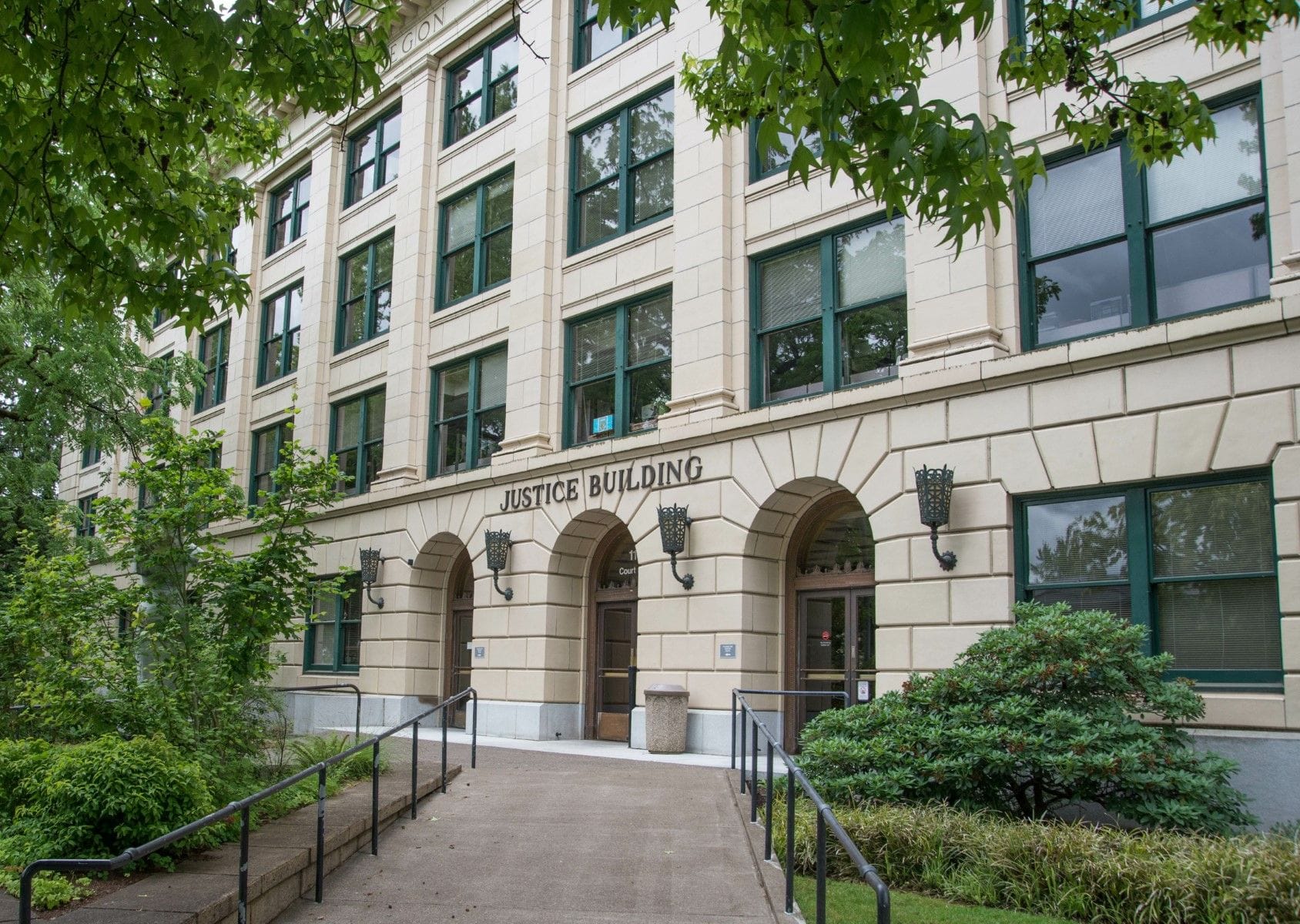Oregon Expert Witness Disclosure Requirements
Oregon requires timely and detailed expert witness disclosures to ensure fair trials, with strict rules on updates and consequences for noncompliance.
Updated on
In this article
When Are Expert Witness Disclosures Required in Oregon?
In Oregon, the timing for expert witness disclosures is governed by both state statutes and local court rules. The disclosure of expert witnesses is essential in both civil and criminal cases, and the deadlines for such disclosures can vary depending on the court and the specifics of the case. Generally, initial disclosures are required early in the litigation process, often within 60 to 90 days after the case management conference or as ordered by the court. This initial disclosure must include a list of potential expert witnesses along with the substance of their expected testimony.
Supplemental disclosures are typically required if there are changes in the expert's opinions or if new information is obtained that affects the expert's testimony. These updates must be made in a timely manner, usually before the close of discovery, to ensure the opposing party has adequate time to prepare. Oregon courts may impose specific timelines for these updates, which can be case-specific, emphasizing the importance of closely adhering to the court's scheduling order.
Information That Must Be Included in the Disclosure
Oregon rules necessitate comprehensive details in expert witness disclosures to ensure transparency and fairness. The following information must be included:
- Expert Qualifications: A detailed account of the expert's qualifications, including their education, training, and experience relevant to the case at hand.
- Opinions and Bases for Opinions: A clear statement of all opinions the expert will express along with the basis and reasons for each opinion. This includes the methodology used and any assumptions made.
- Data Considered: A list of all data and information considered by the expert in forming their opinions, which may include documents, reports, or interviews.
- Fee Structures: Information regarding the expert's compensation, including the rate charged and any agreements on payment.
- Prior Testimony: A history of any prior testimony given by the expert in the past four years, including case names and jurisdictions, to allow for assessment of potential biases or conflicts of interest.
Supplementing and Amending Expert Disclosures
In Oregon, parties have a continuous obligation to supplement or amend their expert disclosures if there are changes in the expert’s opinions or if new data becomes available. This duty is critical to maintaining the integrity of the legal process. The Oregon Rules of Civil Procedure (ORCP) require that any changes be communicated promptly to avoid surprises at trial.
Failure to update disclosures can lead to severe consequences, including the possibility of the expert's testimony being excluded. Oregon courts may also impose sanctions if parties do not comply with their duty to supplement. Ensuring timely updates is thus a strategic necessity in maintaining the credibility of the expert's testimony.
Consequences of Failing to Properly Disclose an Expert
The failure to properly disclose an expert witness in Oregon can have significant repercussions. The most immediate consequence is the exclusion of the expert's testimony. Courts may grant a motion to exclude the expert, preventing them from testifying if disclosures are incomplete or untimely. This exclusion can severely weaken a party's case, particularly if the expert's testimony is central to proving a claim or defense.
Beyond exclusion, parties may face additional sanctions under ORCP 46, which could include fines or an order to pay the opposing party's legal fees incurred due to the nondisclosure. Such penalties underscore the importance of adhering to disclosure rules to mitigate litigation risks.
State-Specific Rules and Key Considerations
Oregon’s rules on expert witness disclosures are distinct and may vary from the Federal Rules of Civil Procedure (FRCP). One notable difference is that Oregon does not automatically require expert reports in all cases, unlike the federal system. Instead, the necessity for a detailed report can depend on the complexity of the case and the court's discretion.
Additionally, Oregon follows a more flexible approach in allowing depositions of expert witnesses. While federal rules often limit the scope of expert depositions, Oregon courts may permit broader questioning to ensure all relevant information is obtained.
Practitioners should be aware of local court rules and specific case management orders that might impose additional disclosure requirements. Staying informed of these nuances is crucial for effective litigation strategy and compliance with Oregon's legal standards.
In conclusion, expert witness disclosures in Oregon require meticulous attention to detail and adherence to both state statutes and local court rules. Ensuring timely and complete disclosures not only facilitates a fair trial process but also safeguards against the potential pitfalls of nondisclosure. Legal professionals must remain vigilant in updating and amending expert disclosures to maintain the integrity and effectiveness of their case presentations.


